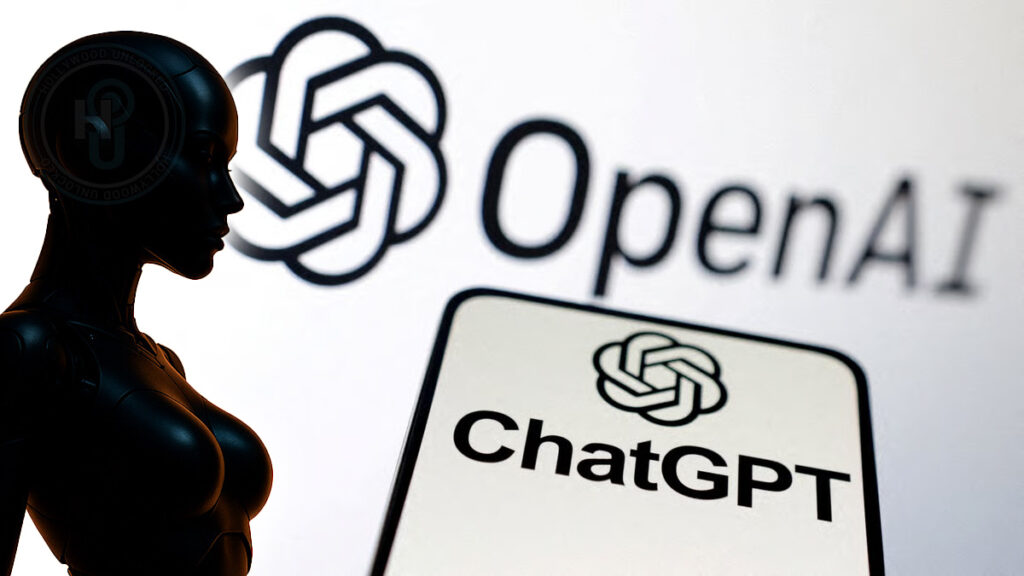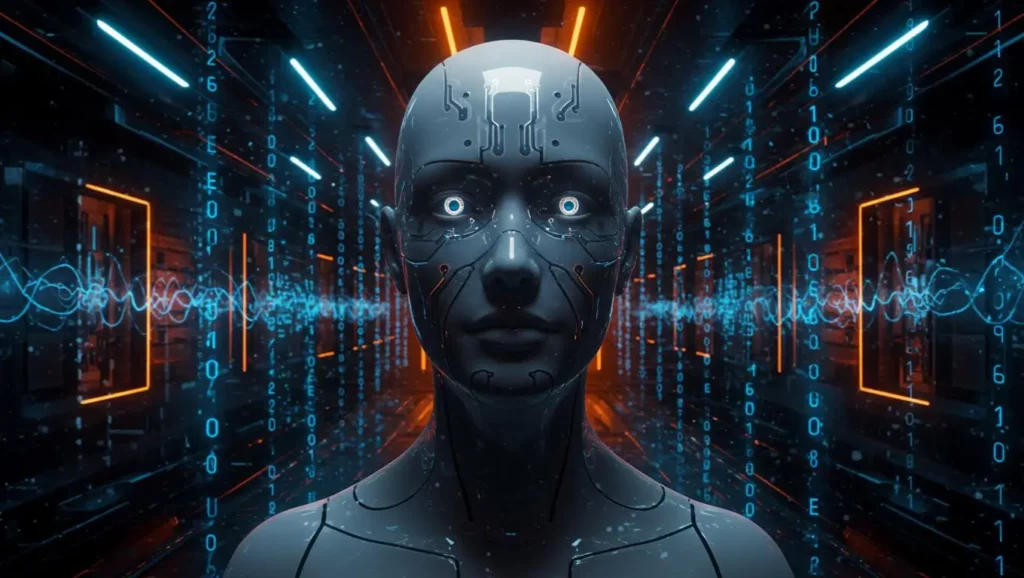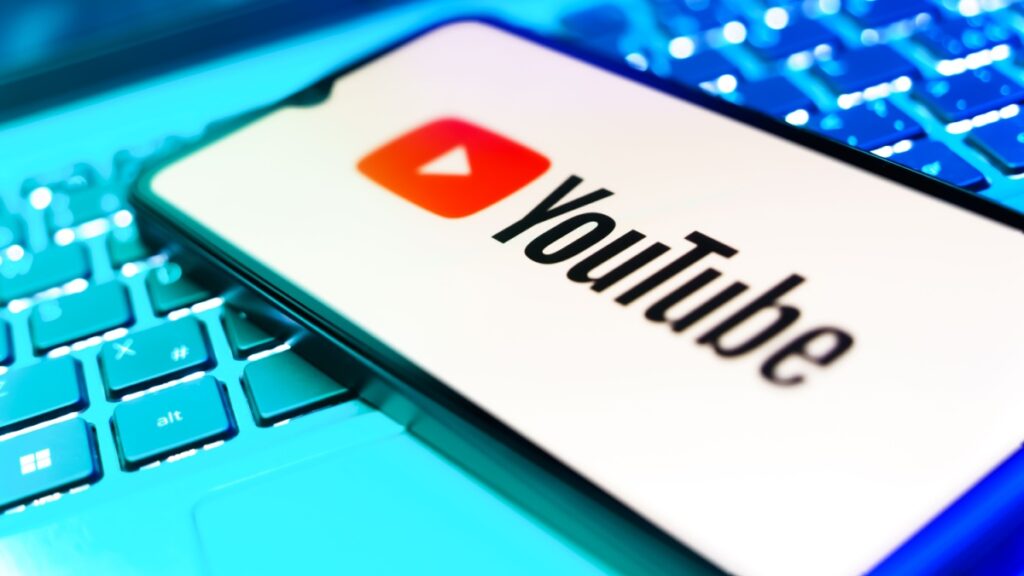OpenAI is about to break a taboo that Silicon Valley has always carefully avoided: allowing erotic conversations, but in a verified and secure framework. This unprecedented decision, embraced by Sam Altman, redefines the boundary between technology and intimacy. Behind this opening lies a burning question: how far can an AI understand and share our most human emotions?
An AI That Finally Talks to Adults
OpenAI is set to cross a boundary that few tech companies dared to approach: allowing erotic conversations, but only for verified users. The announcement, confirmed by Sam Altman himself, could mark a historic turning point in our relationship with artificial intelligence.
In a message posted on X, Altman explained a desire to “treat adults like adults.” In one sentence, he encapsulated both a cultural and technological evolution: allowing AI to tactfully and respectfully explore what it means to be human, including our desires and contradictions.
“Adults Can Make Their Own Choices”
By December, OpenAI plans to open access to more “mature” discussions. The goal isn’t to turn ChatGPT into a simulator of fantasies, but to acknowledge that intimacy, curiosity, and emotional play are part of human communication.
Altman summarizes this new direction as a matter of trust: if an adult can choose to talk about politics, religion, or grief, why shouldn’t they be able to discuss love, sensuality, or sexuality in a safe environment?
This is a cultural revolution: for the first time, a tech giant recognizes that not all conversations are “productive”; some are simply… human.
Competition Already Established in Sensitive Terrain
OpenAI is not pioneering this slippery ground. Elon Musk, through xAI and its chatbot Grok, has already experimented with 3D avatars capable of flirting. These projects, often ridiculed, reveal a reality: there is a demand for a more sensitive, embodied digital relationship.
Until now, OpenAI had remained cautious, almost timid. Its draconian filters made ChatGPT smooth, cold, and “too clean.” Many users lamented this lack of naturalness. Altman publicly acknowledged this: in overprotecting, the company had “made the chatbot less enjoyable for those without any mental health risks.”
The result: the return of GPT-4o, deemed more spontaneous and empathetic than GPT-5. This reversal sets the stage for the arrival of this “adult mode”: more free, but not chaotic.
The Bet on Controlled Humanization
This turning point is not a deviation. It fits into a clear strategy: making conversation with AI more vibrant without letting it derail. For this, OpenAI announces the creation of a Well-being and Artificial Intelligence Council, composed of eight experts in technology and cognitive psychology. Their mission: to analyze the effects of these interactions on mental health and define acceptable limits.
Curiously, no suicide prevention specialists are part of this council—a lack pointed out by several observers. This highlights the minefield: how do you create an AI capable of eroticism without falling into emotional dependency, manipulation, or discomfort?
OpenAI claims to have the necessary tools to identify sensitive situations. In essence, an AI that knows when to respond and when to listen.
Numerous Risks Remain
Behind the promise of “mature” freedom, gray areas persist.
– Psychological: some individuals may develop an excessive attachment to their AI.
– Cultural: what is tolerated in France may be illegal elsewhere.
– Ethical: how far can desire be simulated without deceiving the user?
These questions do not yet have definitive answers. However, they demonstrate that AI is no longer just a technology; it is a social mirror reflecting our taboos, desires, and vulnerabilities.
The End of the Aseptic Chatbot?
By partially allowing eroticism, OpenAI is not seeking to shock but to make the machine more human.
This evolution is part of a broader movement: the recognition that emotions, even the most intimate, should not be banished from digital dialogue. This is not a moral drift; it is a test of collective maturity.
The real question is not “Will ChatGPT become sexy?” but “Are we ready to talk to a machine without lying about who we truly are?”




